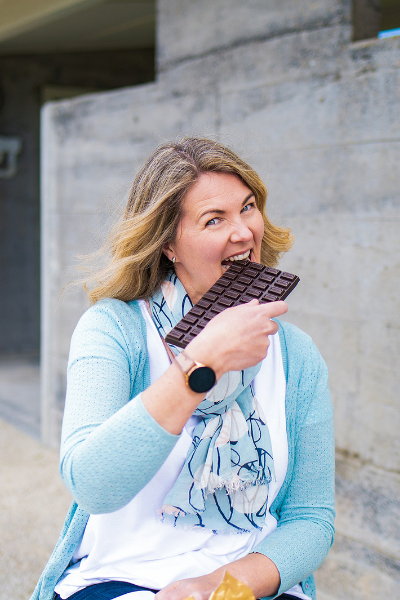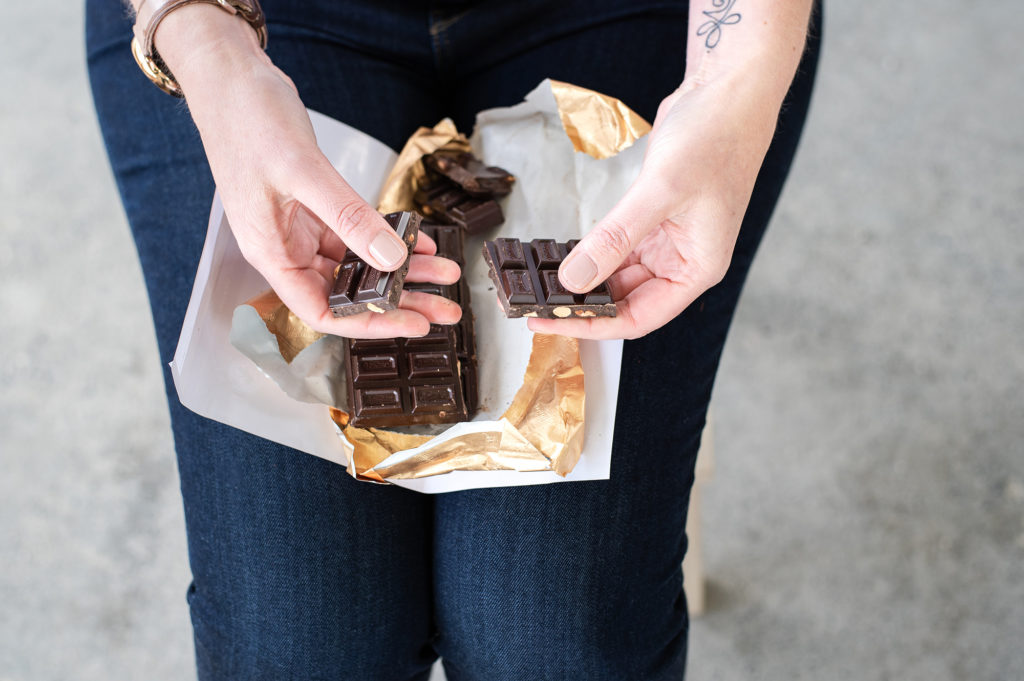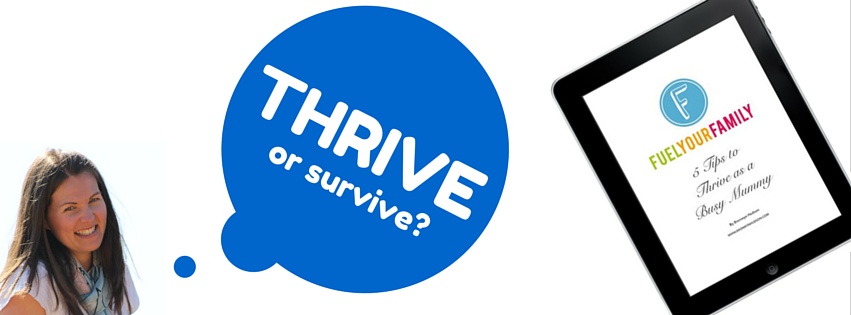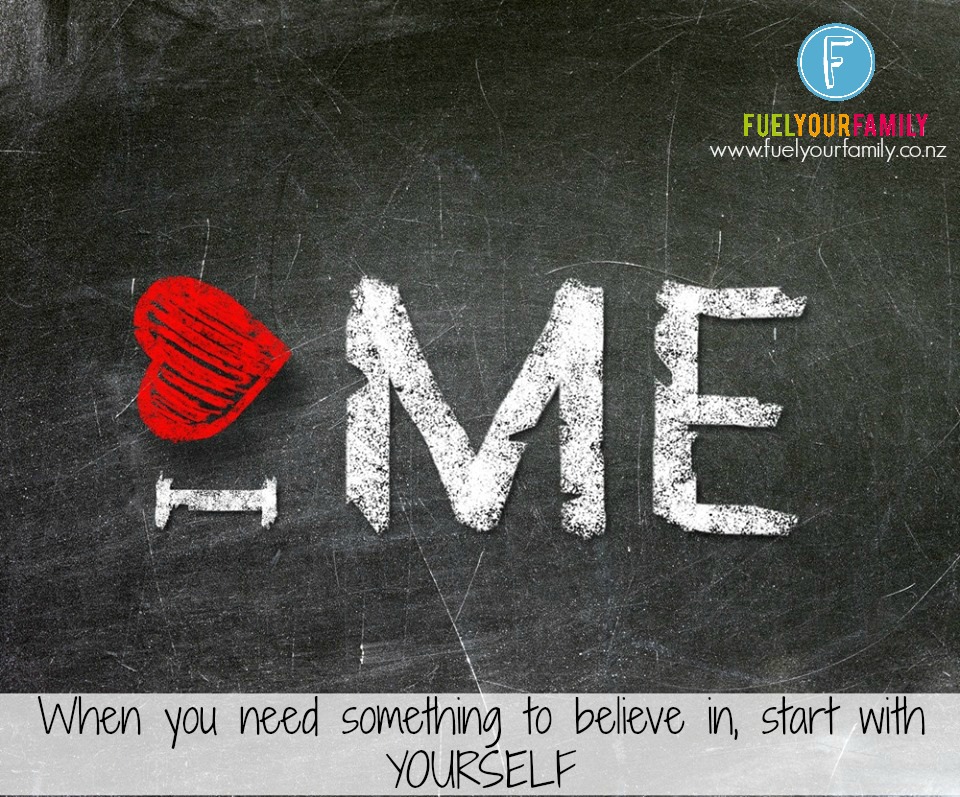Your Mind and Cravings
How thanking your mind helps your cravings
I of all people should already know this.
I mean, my gig is in part translating the latest science on connections between what we eat to our mental wellbeing and in part on connecting how we feel and how we think impacts on our food choices.
Of course I know that our thoughts impact our cravings. This is what I help people with this daily!
And yet…

I’m sure I’m not alone comes to having thoughts that justify eating when you aren’t physically hungry. Like: “I deserve some chocolate after the tough day I had” or “I deserve a muffin with my coffee as a reward for my morning workout”. But usually these thoughts don’t hook me.
And yet, a couple of weeks ago, here I was, in the shower after dinner, tears running down my face, caught up in my own private pain, craving something sweet.
I wasn’t hungry – not in a physical sense of the word.
But I desperately wanted to binge eat desserts. For the rest of the evening.
Let me give you some context. As some of you are aware, I recently had surgery to replace a disc in my cervical spine, on the back of an injury 4 years prior. The surgery had been a great success – no more tingling and numbness down my arm, and also the headaches that had been continuously present for 4 years were gone.
I had been feeling on top of the world, excited about what this new pain-free life could look like for me.
Then it happened. My headache came back. It sank into my temple, my brow bone, down the side of my nose and behind my eye socket. It set up home where it had lived before.
This night in the shower was day five of the headache being back, and I was ever so hooked into the physical sensation and the thoughts that came with it. I was thinking about all the things that this post-surgical sensation could mean could have gone wrong. I was caught between ruminating on the challenges of the past four years and feeling anxious about what this could mean for my life moving forward. All the ways I thought my life was going to look better – maybe that was just a pipe-dream. When I tried to bring myself back to the present moment, that was uncomfortable too, filled with unpleasant physical sensations.
And man! I don’t often want sweet food, but the craving was intense.

And there it was!
The brief moment of noticing. Noticing I was craving food to help me escape the uncomfortableness of my thoughts and sensations. Because who likes being uncomfortable right?
In Acceptance and Commitment Therapy (ACT), there is a more helpful approach. It is not about getting these thoughts and sensations to go away, or to replace them with only positive thoughts and feelings, but rather to learn to accept the things that are unpleasant and still live the meaningful life we want to live.
It is normal for most of us to do anything not to feel these types of feelings. So, we avoid them. We look for distractions (cue food, alcohol, social media…). Or, my personal favourite approach – we try to problem solve. But all these approaches involve a struggle with those thoughts and feelings.
When we get really hooked by our thoughts or feelings – as I was when I was crying in the shower, ruminating and catastrophising – this is called being fused. Defusion techniques allow us to create some seperation and distance from our thoughts and feelings so they don’t get in the way of what is important to us.
One of my favourite defusion techniques
Have you ever taken the time to thank your mind for wanting to be so helpful, then choosing not to listen to it?
- It starts by giving your mind a name. My mind is called ‘Samantha’, my Miss 12 calls hers ‘Bob the Carrot’. Both Bob the Carrot and Samantha can be quite bossy at times. What name will you give to your mind?
- Notice the thoughts your mind sends your way – our minds are busy thought-generating machines. Often we are so fused with our thoughts, we think we ARE our thoughts. But if we can notice our thoughts, then they are not us!
- Next, thank your mind. “Thanks Samantha for trying to help. I can see you might just be trying to prepare me for the worst. But, I’ve got this”. Often I get a bit sarcastic with Samantha, the ‘thank you’ isn’t always that genuine sounding. An internal eye-roll might accompany the thanks. Have some fun with it.
- Realise that, just as you can with others who share their thoughts with you, you can choose whether to agree or disagree with your mind. You can listen politely, assess whether the information is helpful or not, then move on. Have you ever switched off when someone is talking to you? Like, you are aware they are still talking, but you just aren’t taking it in? We can do that with our thoughts too!
So in this situation, there was a small window where I noticed myself noticing my thoughts. I knew the thoughts weren’t helpful. I thanked Samantha for trying to look after me, but assured her I didn’t need her help right now. She didn’t go away, but I was able to just let her rant on in the background while I turned my focus to asking myself what I really needed right now. And it wasn’t dessert, or anything food related at all.
Consider:
How will you use these tools to help you be less bossed around by your mind?
To release the hold food can have over you?
To take action towards the life you want to live, even in the presence of discomfort?
If you are interested in learning more about how Bronwyn can support you to live the live you want to live, while feeling more calm, confidence and connection with yourself, your food and your mood, book your free chat here.










